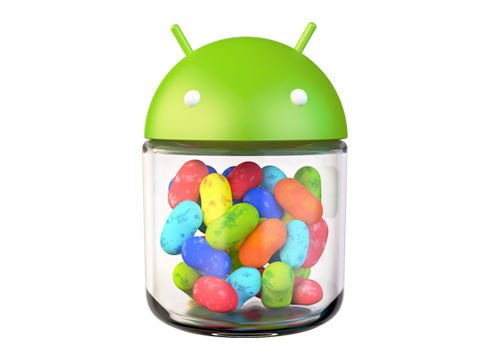Motorola Solutions Licenses Android Patents From Microsoft

Motorola Solutions, the remainder of the company that sold its handset division to Google in 2012, has joined the ranks of Microsoft’s Android licensees
Microsoft has added Motorola Solutions, which develops enterprise and government mobile equipment, to its list of companies paying for protection against possible lawsuits related to the Android operating system.
Motorola Solutions is the legal successor to the former Motorola Inc., following the sale of that company’s mobility and networks divisions. Motorola Mobility was acquired by Google in 2012, and the web giant is now in the process of selling it to China’s Lenovo; Motorola Networks was sold to Nokia Siemens Networks in 2011.

Patent coverage
The remaining company, Motorola Solutions, is based in a suburb of Chicago and makes a wide range of mobile products for enterprises and government, some of which use Google’s operating system technology. The rugged handheld devices are also in the process of being sold – to barcode printer maker Zebra for $3.3 billion.
Motorola Solutions said in a statement the company was “pleased” at having reached a deal that allows customers to purchase these Android-based products “with confidence”.
The licence gives the company “worldwide coverage” under Microsoft’s patent portfolio for devices running Android and Google’s Chrome OS.
“Microsoft prefers licensing to litigation, since licensing is a more effective way to share technology,” stated Microsoft’s Nick Psyhogeos, general manager, associate general counsel, IP licensing of the Innovation and Intellectual Property Group.
Microsoft alleges that Chrome OS and Android include its patented technology, and the company has succeeded in signing up a number of prominent mobile device makers to its licensing scheme, including Acer, Barnes & Noble, Dell, Foxconn, Hoeft & Wessel, HTC, LG, Nikon, Samsung, Sharp, ViewSonic and ZTE.
Controversy
The licensing programme is considered controversial, with Barnes & Noble demanding a probe by US federal authorities in 2011.
On the other hand, signing a licensing agreement would seem to offer an alternative to financially damaging legal patent battles such as those carried out by Apple and Samsung.
Do you know all about 4G and the mobile future? Take our quiz.